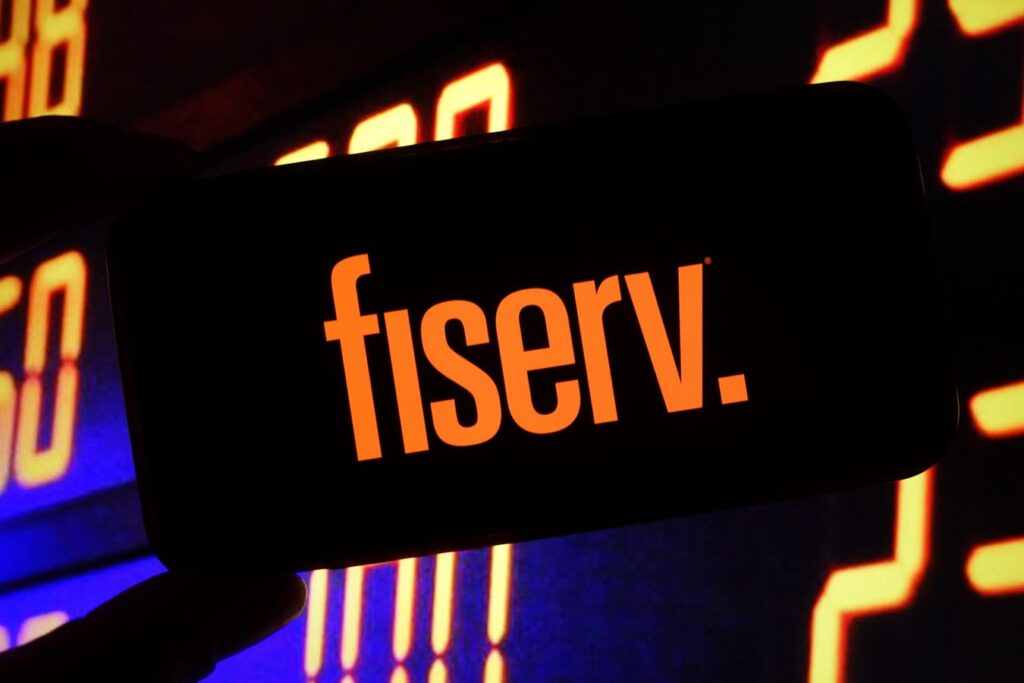Several major banks and leaders are expanding their small business services, including: Fiserv, which is expecting revenue to double in the next 2 years for its small-merchant POS system, Clover; PayPal, which is growing its ecosystem of SMB services; and Mastercard, which launched 10 new small business programs over the last year.
Fintech investors have poured billions into foundational technologies such as embedded payments infrastructure and spend management platforms. However, the next significant opportunities lie in areas largely overlooked by investors, specifically accounts receivable (AR) automation and tailored financing solutions for digital-native businesses, according to Laura Kennedy, author of the recent CB Insights SMB fintech report.
Investments in fintech solutions serving small and medium-sized businesses (SMBs) have focused primarily on established areas such as payments infrastructure, spend management, and enterprise cross-border payments. These segments captured approximately 77% of fintech funding since 2020, totaling around $16.5 billion, Kennedy notes. Amid this concentration, AR automation stands out as notably underfunded, creating an attractive market gap.
Liquidity Optimization through AR
“Accounts receivable automation currently holds the lowest commercial maturity score among fintech solutions studied” Kennedy says. “In contrast, accounts payable (AP) automation is far closer to scaling. Businesses have prioritized AP to streamline outgoing payments, leaving receivables, a crucial component for liquidity management, largely overlooked.”
This discrepancy highlights an imminent shift as SMBs increasingly seek comprehensive financial automation across their entire balance sheets. Kennedy suggests AR automation represents a particularly appealing investment opportunity as economic uncertainties drive businesses to enhance liquidity and optimize cash inflows.
Invoice Finance Poised for Growth
Similarly, invoice financing remains another promising yet underdeveloped fintech segment. Despite its importance in helping SMBs manage short-term liquidity, this sector registers only slightly higher than AR automation.
“Invoice finance usage, and likely investment, will rise due to uncertain macroeconomic conditions driving SMBs toward alternative capital sources,” Kennedy emphasizes.
Rise of Revenue-Based Financing
Revenue-based financing emerges as another area primed for significant growth, fueled by the rise of digital-native SMBs such as e-commerce and SaaS companies.
“Digital-native businesses typically move fast, emphasizing revenue growth rather than immediate profits,” Kennedy explains. “Traditional lending doesn’t align well with this model. Previously, venture funding filled this gap, but current market conditions have driven these companies to seek alternative financing solutions.”
Revenue-based financing platforms, led by companies like Pipe, Clearco, and Capchase, provide flexible, non-dilutive capital linked directly to predictable future revenues. Kennedy notes that investor activity in this sector is robust, particularly at the early stages, accounting for nearly two-thirds of deals since 2020. Furthermore, investor optimism remains high, with several SMB-focused revenue-based financing firms already reaching unicorn status.
Integration: The Crucial Success Factor
Kennedy also stresses the necessity of seamless integration as a key determinant of fintech success among SMBs. Businesses prefer fintech solutions that effortlessly mesh with existing technology stacks rather than requiring disruptive, comprehensive system overhauls.
“Businesses prioritize foundational solutions that power operational efficiency,” Kennedy notes. “Treasury and cash management solutions have achieved higher maturity precisely because they centralize automation across enterprise financial operations.”
Fintech startups must clearly demonstrate their products’ integral roles within broader financial ecosystems, emphasizing easy integration as much as innovative features.
Strategically Addressing Fintech Gaps
Ultimately, Kennedy concludes that significant opportunities within SMB fintech will increasingly emerge from addressing less-invested segments like AR automation and serving the distinct capital needs of digital-native businesses. “Fintech players who strategically address these overlooked niches will position themselves uniquely for substantial growth in the next wave of fintech investment,” Kennedy says.
For more like this on Forbes, take a look at The Legacy Banks Quietly Building The Future Of Finance and The 3 Innovation Challenges Keeping Bank CEOs Awake At Night.
Follow Holloman to learn more about the future of finance and technology
Read the full article here

